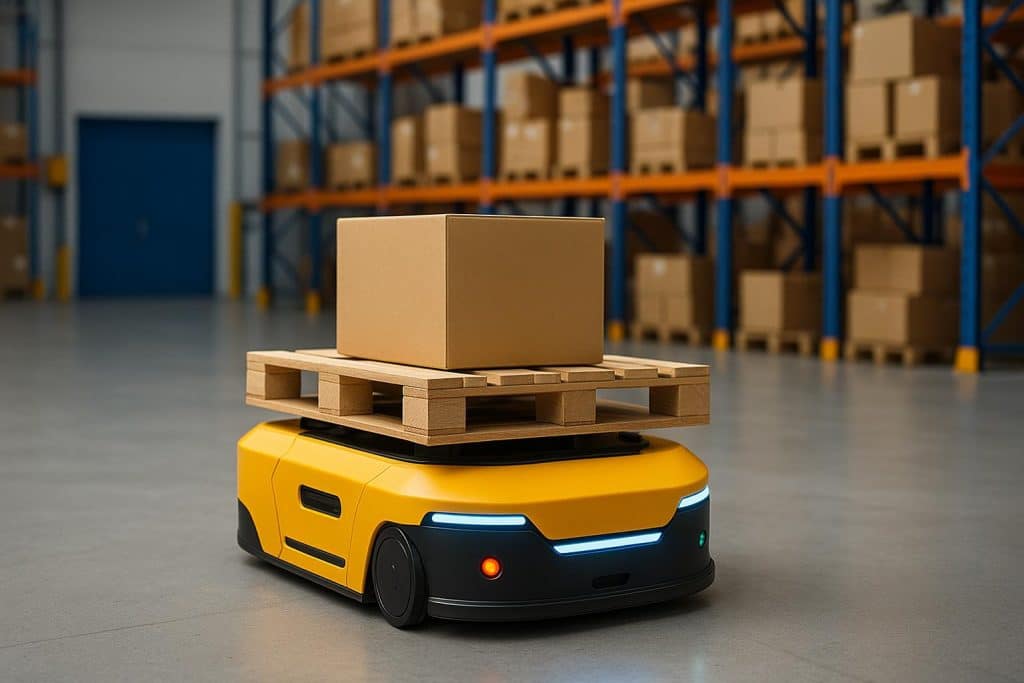The industrial sector is witnessing a transformative shift in how materials are handled, moved, and managed. This change is driven by the rise of automation and the growing imperative for sustainable solutions. Lightweight yet durable equipment is emerging as a cornerstone of this evolution, with aluminum-based carts and smart technologies enabling safer, more efficient, and environmentally friendly operations. Among these innovations, Global Industrial aluminum carts are prime examples of equipment that combine strength with reduced weight, facilitating easier maneuverability and lower energy consumption.
Automation is increasingly integrated into logistics and handling workflows. Autonomous vehicles, driven by AI and real-time data analytics, are reducing reliance on manual labor for heavy lifting and transportation. This shift boosts efficiency and enhances workplace safety by minimizing human exposure to physically demanding tasks and hazards. Material handling systems now focus on interconnected, smart equipment able to communicate and adapt to changing workloads, streamlining production lines and warehouse operations.
Sustainability is no longer an afterthought but a critical driver in equipment design and selection. The materials industry prioritizes using recyclable, lightweight metals, such as aluminum, and incorporating energy-efficient technologies to reduce carbon footprints. Global Industrial aluminum carts exemplify this trend by providing durable performance while reducing the overall environmental impact through their recyclability and energy efficiency during use. This aligns with broader corporate goals to adopt circular economy principles and reduce waste in every operational facet.
Innovations in industrial cart designs reflect a blend of modularity, versatility, and ergonomic focus. These carts accommodate customizable configurations, allowing operators to tailor equipment to specific tasks, from delicate instrument transport to heavy material moving. Safety features such as hydraulic lifts, anti-slip surfaces, and powered assistance are becoming standard to prevent workplace injuries. Lightweight aluminum carts amplify these benefits by making transport easier and extending battery life for powered options.
Looking ahead, the material handling landscape is poised for continued integration of autonomous robotics, smart sensors, and sustainable materials, jointly redefining operational efficiency and environmental responsibility. Lightweight, durable carts like those made from aluminum will play a pivotal role in this future, leveraged for their physical advantages and how seamlessly they integrate into digitized workflows.
In conclusion, the future of industrial material handling hinges on the twin pillars of lightweight design and autonomy. Equipment such as Global Industrial aluminum carts will remain essential in shaping safe, sustainable, and smart industrial environments where productivity and environmental concerns are balanced expertly. This shift heralds a new era where material handling is smarter, greener, and better equipped for the challenges of tomorrow.

